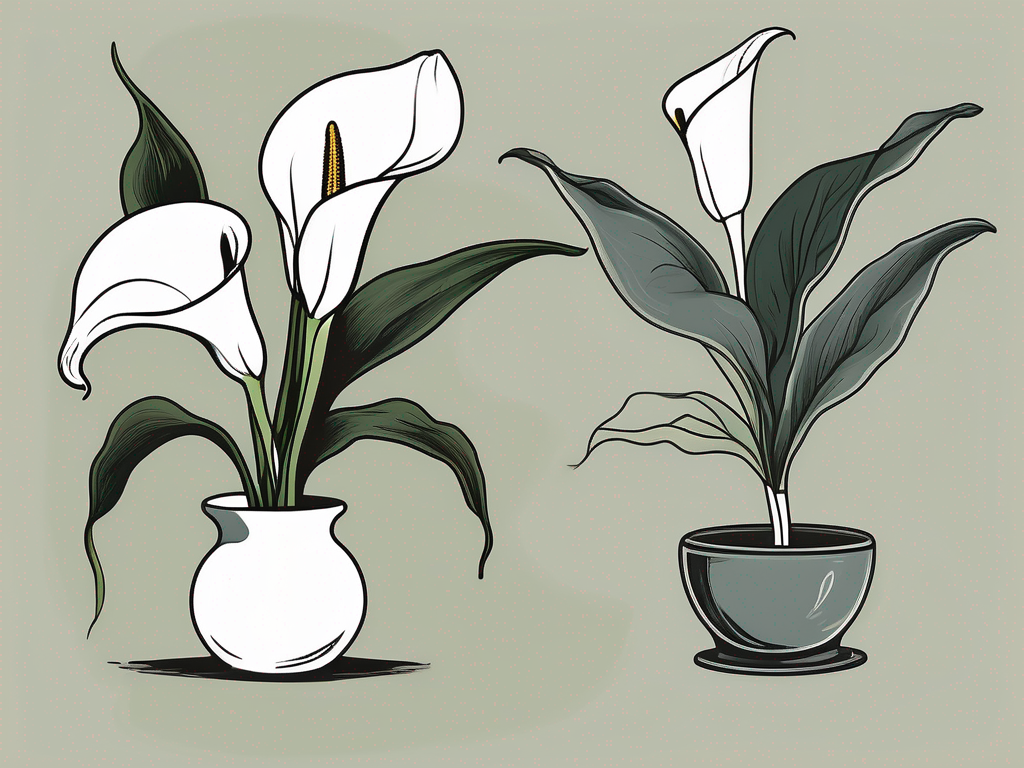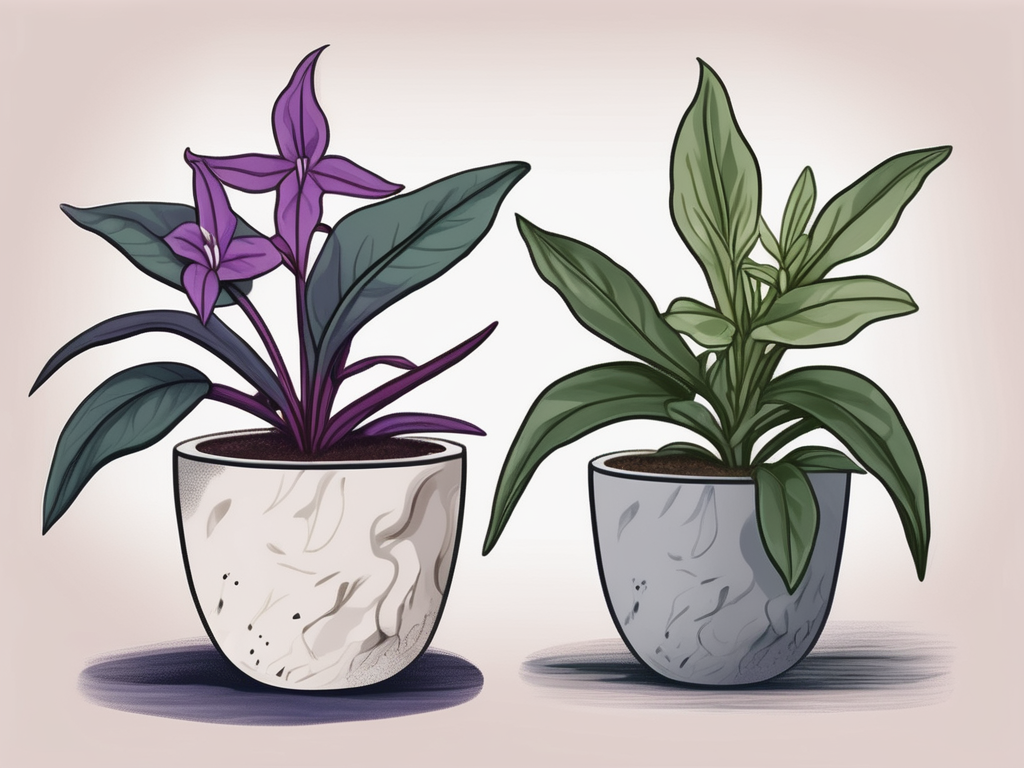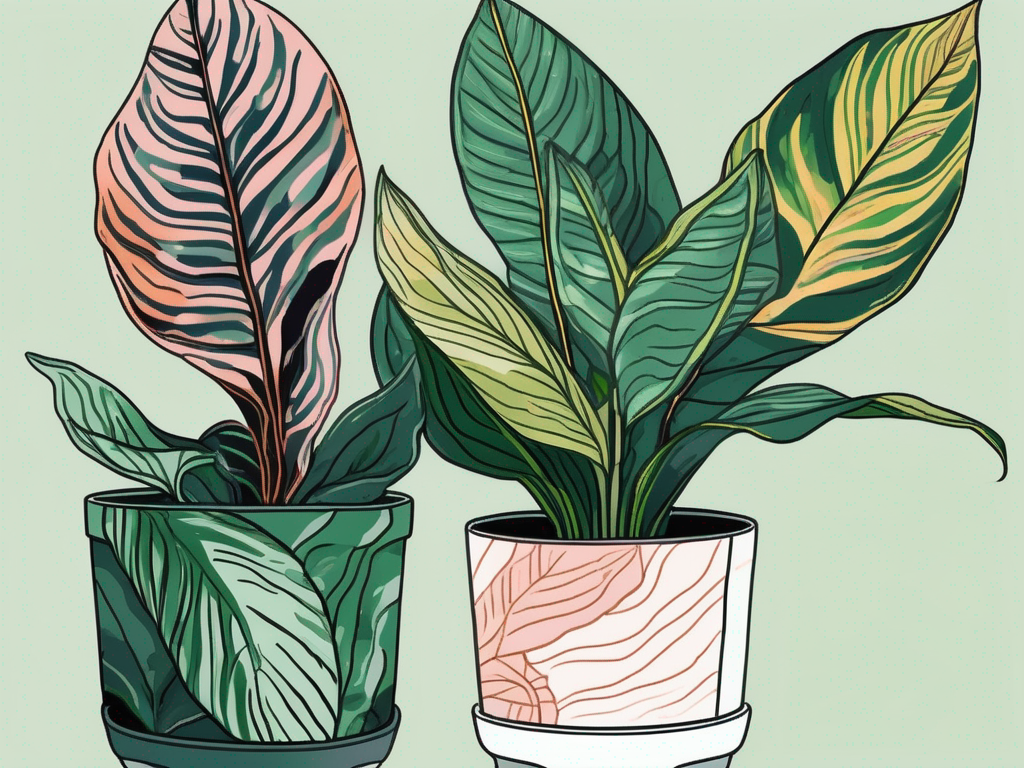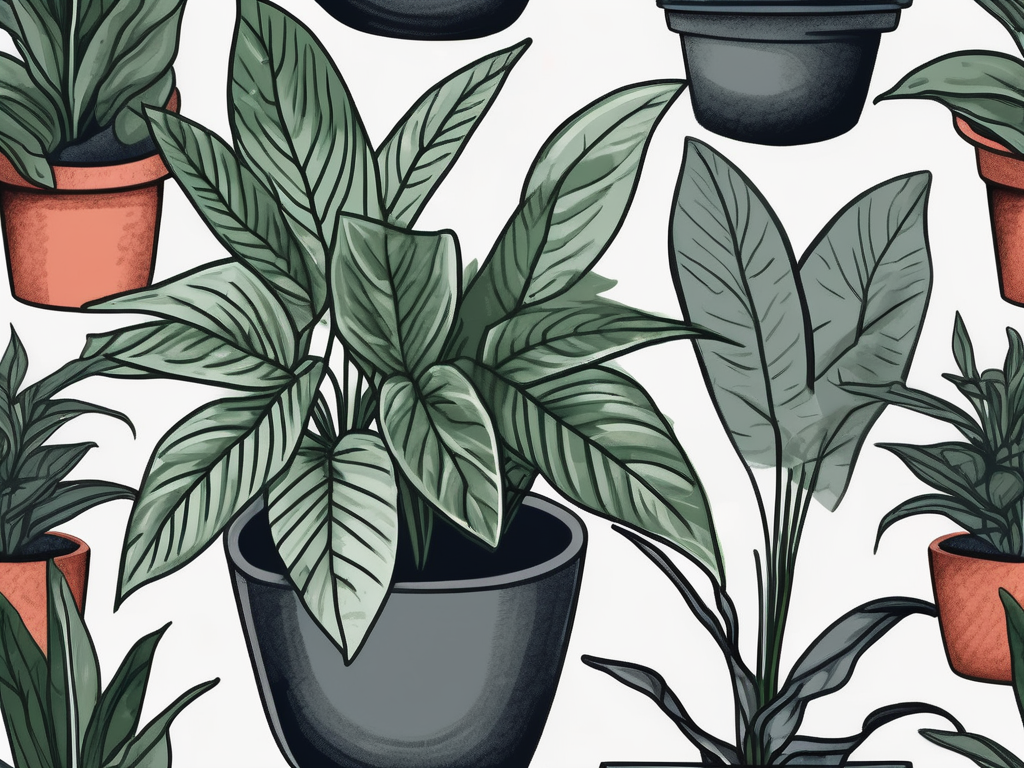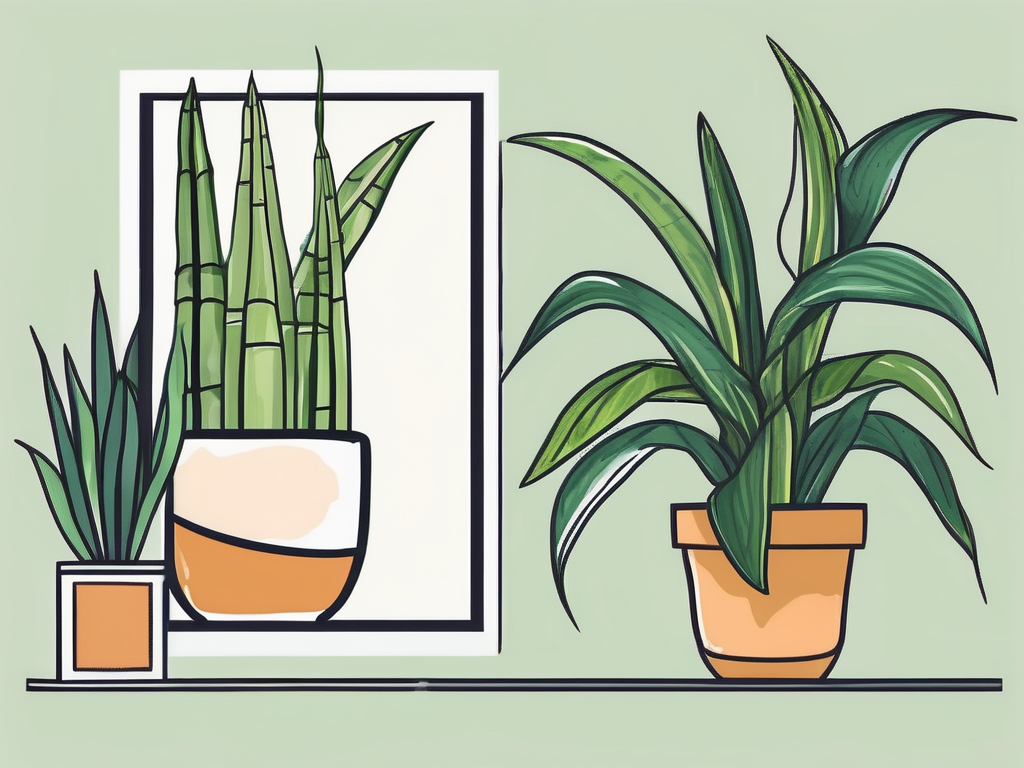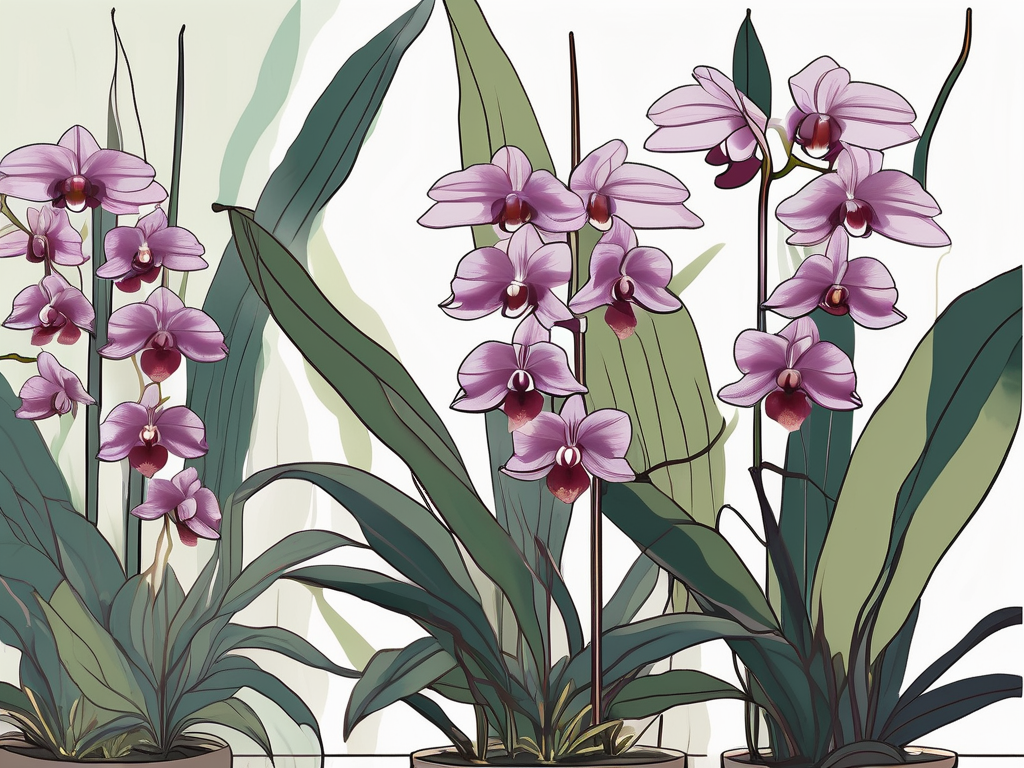
Have you ever wondered how those stunning Dendrobium orchids manage to thrive in various environments? These orchids are not just about their beautiful blooms—they have a fascinating resilience when it comes to temperature tolerance. Whether you're a seasoned plant lover or just getting started, understanding the temperature needs of Dendrobium orchids can make a world of difference in your plant care routine.
In this article, we’ll explore the temperature preferences of Dendrobium orchids, share practical tips on how to create the ideal environment for them, and discuss some common issues related to temperature. By the end, you’ll be equipped with the knowledge to keep your orchids happy and healthy, regardless of the climate you live in.
Understanding Dendrobium Orchids
Dendrobium orchids are part of a large and diverse genus that includes over 1,000 species. They are native to a wide range of environments across Asia, Australia, and the Pacific Islands, which means they’ve adapted to a variety of climates. This adaptability is great news for plant parents, as it means these orchids can thrive in different conditions when given the proper care.
What's unique about Dendrobiums is their varied growth habits—they can be deciduous, evergreen, or even semi-deciduous, which influences their temperature needs. For example, deciduous Dendrobiums typically require a cooler, drier rest period, while evergreen species may prefer consistent warmth and humidity. Knowing which type of Dendrobium you have can help tailor your care approach.
Despite their differences, all Dendrobiums share the need for proper temperature regulation. Let's dive into what that looks like!
Ideal Temperature Range for Dendrobium Orchids
So, what temperatures do Dendrobium orchids actually prefer? Generally speaking, these orchids thrive in a range that mimics their natural habitats. Most Dendrobiums do well with daytime temperatures between 70°F to 85°F (21°C to 29°C) and nighttime temperatures around 60°F to 65°F (15°C to 18°C).
Interestingly enough, a slight drop in temperature at night mimics the natural conditions these orchids would experience in the wild, which can encourage blooming. If you live in a region where temperatures fluctuate naturally, you might find your Dendrobiums adapting quite well without much intervention.
However, it's important to remember that not all Dendrobiums are created equal. Some species, like the Dendrobium nobile, prefer cooler temperatures, especially during their dormant period. Meanwhile, tropical varieties might enjoy warmer conditions year-round.
Creating the Perfect Indoor Environment
If you're growing Dendrobium orchids indoors, you have a bit more control over their environment. Here are some tips to help you keep your orchids comfortable:
- Location: Place your orchids in a spot where they receive plenty of indirect light. A south or east-facing window is usually ideal. Be mindful of drafts, as sudden temperature changes can stress your plants.
- Temperature Regulation: Use a thermometer to monitor the room temperature. If needed, adjust the thermostat to maintain an ideal range, especially during extreme weather conditions.
- Humidity: Dendrobium orchids enjoy humidity levels around 50-70%. Consider using a humidifier or placing a tray of water near your orchids to increase humidity, especially during the winter months when indoor air tends to be drier.
- Air Circulation: Good airflow is essential to prevent fungal issues. Ensure there is gentle air movement around your orchids, which can be achieved with a small fan set on low.
Adapting to Seasonal Changes
Seasonal changes can affect indoor temperatures, and it's important to adjust your care routine accordingly. Here's how to help your Dendrobium orchids adapt:
Winter Care
During the winter, indoor heating can cause temperatures to rise and humidity levels to drop. To combat this, keep your orchids away from direct heat sources like radiators or heaters. You might need to increase humidity using a humidifier or by misting your orchids regularly.
Summer Care
In the summer, temperatures can soar, especially if your home gets a lot of direct sunlight. Ensure your orchids are shaded from intense light and consider using fans to keep the air circulating. If you have air conditioning, make sure it doesn’t blow directly on your plants, as this can dry them out.
Recognizing Temperature Stress
How can you tell if your Dendrobium orchids are stressed by temperature? Look for these common signs:
- Leaf Yellowing: This can be a sign of temperature stress, particularly if accompanied by leaf drop.
- Bud Blast: If buds form but then fall off before opening, it might be due to sudden temperature changes.
- Slow Growth: If your orchids seem to be in a prolonged dormant phase without reason, check their temperature conditions.
If you notice any of these signs, review your temperature settings and make adjustments as needed. Sometimes small tweaks can make a big difference in your plant's health!
Outdoor Considerations for Dendrobium Orchids
For those lucky enough to live in climates suitable for outdoor orchid growth, there are a few more factors to consider. Dendrobium orchids can flourish outdoors in USDA zones 9-11, where temperatures rarely drop below freezing.
When growing outdoors:
- Choose a sheltered spot: Place your orchids under a tree or covered patio to protect them from direct sunlight and harsh weather conditions.
- Monitor temperature fluctuations: Be mindful of unexpected cold snaps or heatwaves. You may need to bring your orchids inside during extreme weather events.
- Maintain humidity: Outdoor conditions can vary, so ensure your orchids have adequate humidity. This might involve misting them during dry spells.
Remember, outdoor growing can expose your orchids to pests, so inspect them regularly and manage any infestations promptly!
Common Temperature-Related Issues
Even with the best care, you might encounter some temperature-related problems. Here's how to troubleshoot them:
- Cold Damage: If your orchids are exposed to cold temperatures, they might develop blackened leaf tips or soft, mushy patches. Move them to a warmer location and trim any damaged areas to prevent further issues.
- Heat Stress: High temperatures can cause wilting and leaf burn. Ensure your orchids are out of direct sun and increase watering slightly to help them recover.
- Humidity Imbalance: If leaves are wilting but not scorched, it could be a humidity issue. Adjust humidity levels using a humidifier or by grouping plants together to create a microclimate.
Troubleshooting these issues may require a bit of trial and error, but with patience, your orchids can bounce back.
Tips for Traveling with Orchids
If you need to move your orchids, perhaps due to relocating or taking them to a show, temperature regulation becomes even more important. Here are some travel tips:
- Plan Ahead: Check the weather forecast for your travel route and destination. Avoid moving orchids during extreme weather.
- Use Insulation: Wrap your orchids in bubble wrap or place them in insulated bags to maintain a consistent temperature during transport.
- Avoid Direct Sunlight: Never leave orchids in a car unattended, especially during hot weather, as temperatures can rise quickly inside vehicles.
- Acclimate Slowly: Once at your destination, gradually acclimate your orchids to their new environment by initially placing them in a shaded, protected area.
Traveling with orchids requires extra care, but with preparation, you can ensure they arrive safely and ready to thrive in their new home.
Final Thoughts
Temperature tolerance is a vital aspect of caring for Dendrobium orchids. By understanding their preferences and making the necessary adjustments, you can create an environment where your orchids will thrive and bloom beautifully. Remember, each orchid is unique, so take the time to observe and adjust as needed.
At Cafe Planta, we're passionate about helping you succeed in your plant journey. Whether you're looking for new houseplants or need advice on caring for your current collection, we're here to help. Feel free to email us or send a message on our Instagram. We believe in the power of plants to bring joy and connection, and we're excited to share that with you!


